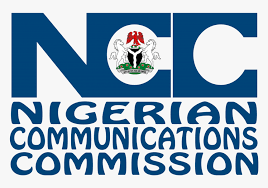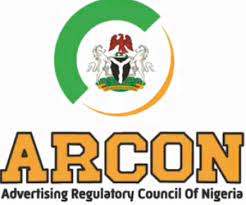The Nigerian Communications Commission (NCC) and the Nigeria Economic Summit Group (NESG) are considering areas of strengthening their collaboration to enhance the impact of the telecommunications sector on Nigeria’s socio-economic development.
This was one of the key issues that featured in the deliberations between the leadership of the commission and the NESG during the courtesy visit by a delegation of the National Assembly Business Environment Round Table (NASSBER), a policy unit at NESG, led by Mr. Nnanna Ude, and a member of the technical committee of NASSBER, Yemi Keri, to the NCC management recently.
Specifically, the discussions focused on the need for stakeholder collaboration and engagement between the Commission and other stakeholders in order to conduct an impact assessment and gap analysis of the Nigerian Communications Act (NCA) 2003, which will lead to improvement of the legal instrument and reflect new trends, especially in a post-pandemic world, was the primary focus of the visit.
In addition, the representatives of the two entities also considered synergy in the area of Research and Development (R&D); while NESG has expressed its desire to have the Commission feature prominently in the forthcoming Nigeria Economic Summit (NES), an annual summit organised by the NESG, scheduled to hold in October this year.
While receiving the delegation on behalf the Executive Vice Chairman of NCC, Prof. Umar Garba Danbatta, the Director, Public Affairs, NCC, Dr. Ikechukwu Adinde, explained that the meeting was a welcome development, as it aligned with the telecom regulator’s strategic partnership and collaboration objectives.
Adinde stated that the NCA 2003 is a robust regulatory instrument, which has given the NCC the mandate to regulate the telecom sector effectively, as seen in the contribution to the overall economic development of the country.
He further noted that by virtue of Section 70 of the NCA 2003, the Commission had developed various regulations and issued guidelines that have helped in addressing critical issues pertaining to its regulatory activities.
Other senior management staff of the Commission, including the Director, Licensing & Authorisation, Muhammed Babajika; Director, Technical Standards & Network Integrity, Bako Wakil and representatives of the departments of Legal & Regulatory Services; Policy Competition & Economic Analysis; and Financial Services of the Commission, spoke about the activities of the Commission in implementing its regulatory mandate for the benefit of the country.




